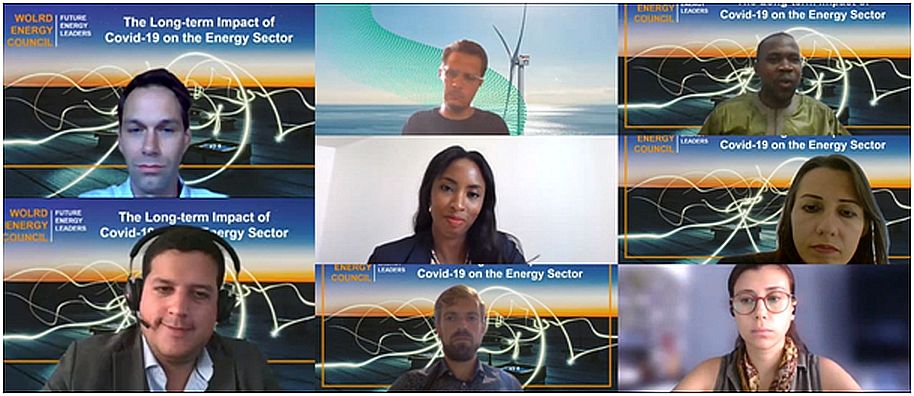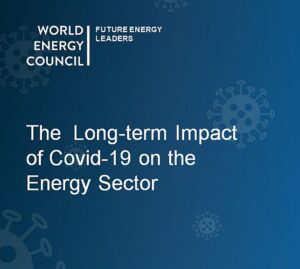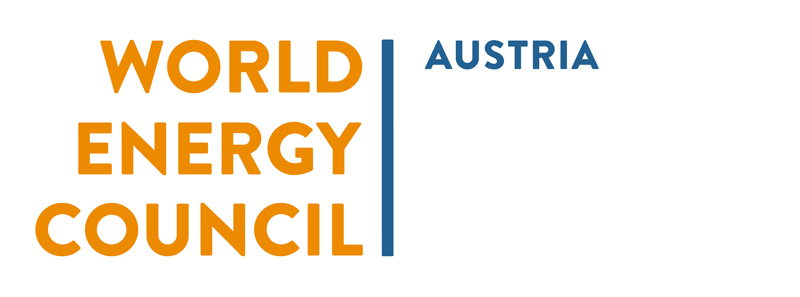VIRTUAL FEL EVENT OF SEPTEMBER 4TH, 2020
COVID-19 has caused a global crisis. While many countries are still struggling with the immediate impact of COVID-19, it seems almost certain that this pandemic will have a long-term impact in the energy sector. For the first time in history, the price of oil became negative, causing unprecedented market distortion and putting many companies in financial difficulties. Will the pandemic be a historic turning point that will ultimately bring the breakthrough of sustainable energy sources or will hard hit economies and the dramatic price drop of fossil fuels delay the energy transition?
To discuss the long-term impact of COVID-19 on the energy sector, more than 70 participants from national FEL/YEP initiatives and the FEL-100 programme met in their second virtual workshop to exchange views on challenges, but also on opportunities that the current crisis brings with it.
Top-class representatives from the WEC community gave keynote speeches to set the framework for the subsequent discussion.
Anastasia Belostotskaya, Associate Director for Scenarios and Special Projects of the World Energy Council, presented the WEC’s latest work on the impact of COVID-19, including the first results of the new signal tracking initiative. The majority of users saw signals pointing in the direction of the Fast-Forward scenario, followed by Re-Record and Rewind. The signal radar is launched on September 18th and Anastasia encouraged the participants to contribute and to help to shape a post-pandemic leadership agenda by doing so.
Salisu Isihak, Supervisor at the Nigerian National Petroleum Corporation and FEL-100, provided an insight on the pandemic’s long-term impact on the oil & gas sector. He expects that inefficient and highly leveraged companies my alter their business model and accelerate their efforts to diversify into other energy segments. In the case of a rebound, many companies may face shortages of skilled workers due to the current lay-offs.
Sila Bozok, Senior Operation Specialist at Shell Enerji and FEL-100, discussed the COVID-19 impact on the Turkish gas market. Demand for natural gas declined significantly due to lockdowns but are already almost back to the old normal. Low oil prices make Brent-linked gas contracts with Gazprom competitive. However, the general economic turndown combined with the depreciation of the Lira has a more prominent impact on the energy sector than COVID-19.
Binta Barry, Project Finance Lawyer at Linklaters LLP and FEL-100, presented her view on the impact of COVID-19 on the African power sector. Africa is currently experiencing a slowdown in the pace of projects development and investment decision making processes due to restrictions in international travel. Still there is a sustained growth in energy demand expected that represents a tremendous opportunity for patient capital. In the long-term, the current crisis is an opportunity for a sustainable recovery of the African power market and an African focused energy transition.
Patrick Lees, Commercial Manager at ABO Wind Oy and FEL-100 talked about his insight on the impact of COVID-19 on the wind sector. The biggest impact from a market perspective will be on commodity and carbon prices and the electricity demand. Current low prices and low demand will lead to delays in the new-build capacities. From a finance perspective he sees a shift of investors towards renewables, which might counterbalance the market effects.
Jose Caceres Blundi, Licensing & Value Creation Leader at GE Renewable Energy and FEL-100, is of the opinion that renewables are a strategic choice to overcome the short- and long-term impacts of COVID-19. He believes that the ownership of renewable assets seems to be one of the safest business in this COVID environment since it is more isolated from the demand impact than other energy sources. However, geographic diversification is key to diluting the risk of regulatory backlash and exceptional levels of COVID-19 demand impact.
In the discussion that followed the presentations, the participants were able to share their views and expectations. The majority of participants expect a transition in the energy sector. However, still 56% expect a return to pre-2020 oil demand and prices.

The workshop was moderated by Christian Diendorfer, FEL-100, and Cristian Montoya, French FEL.
The Future Energy Leaders want to continue to promote dialogue between politics, business and different age groups. The next event of the European FELs will discuss pathways to decarbonize energy-intensive industries.

